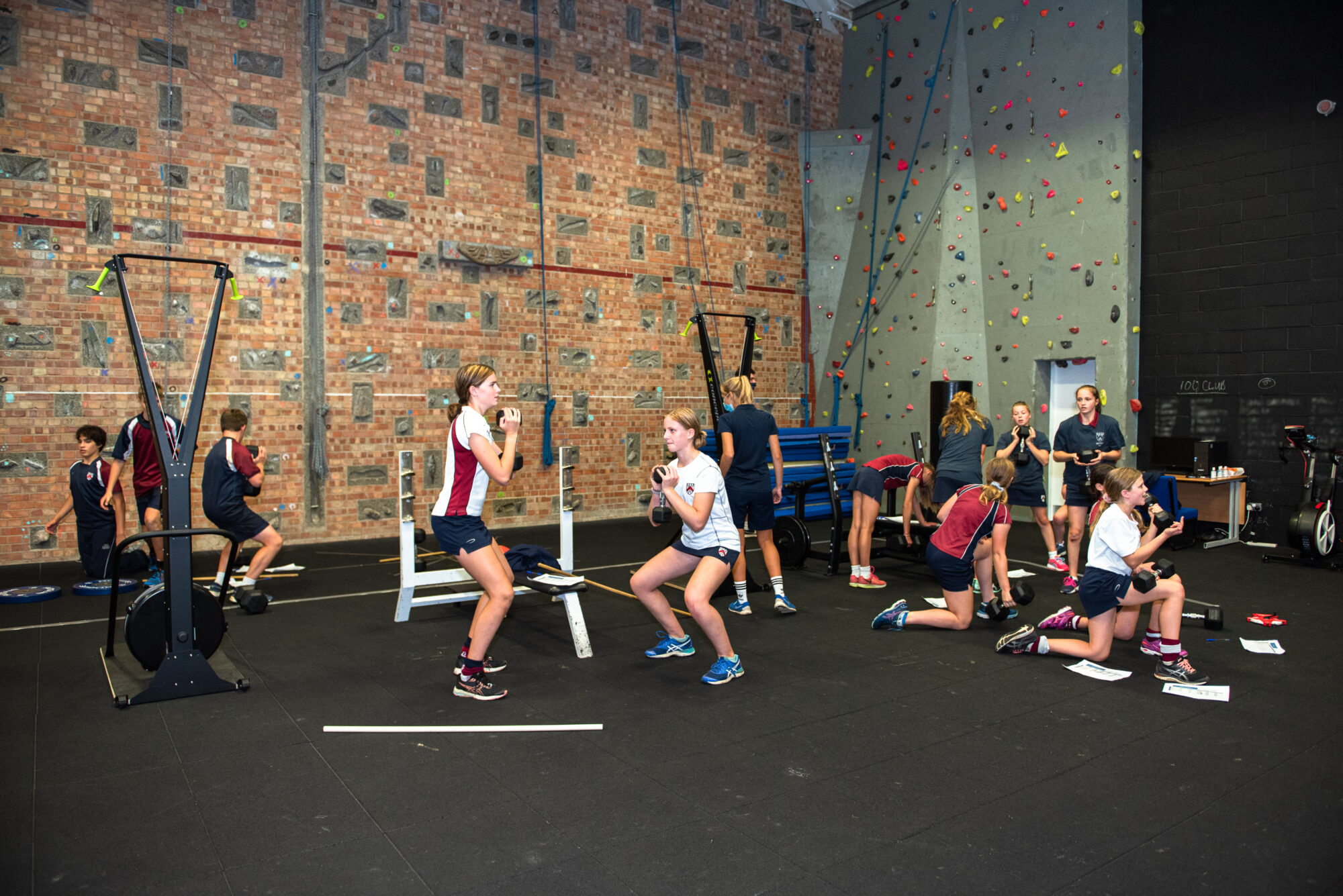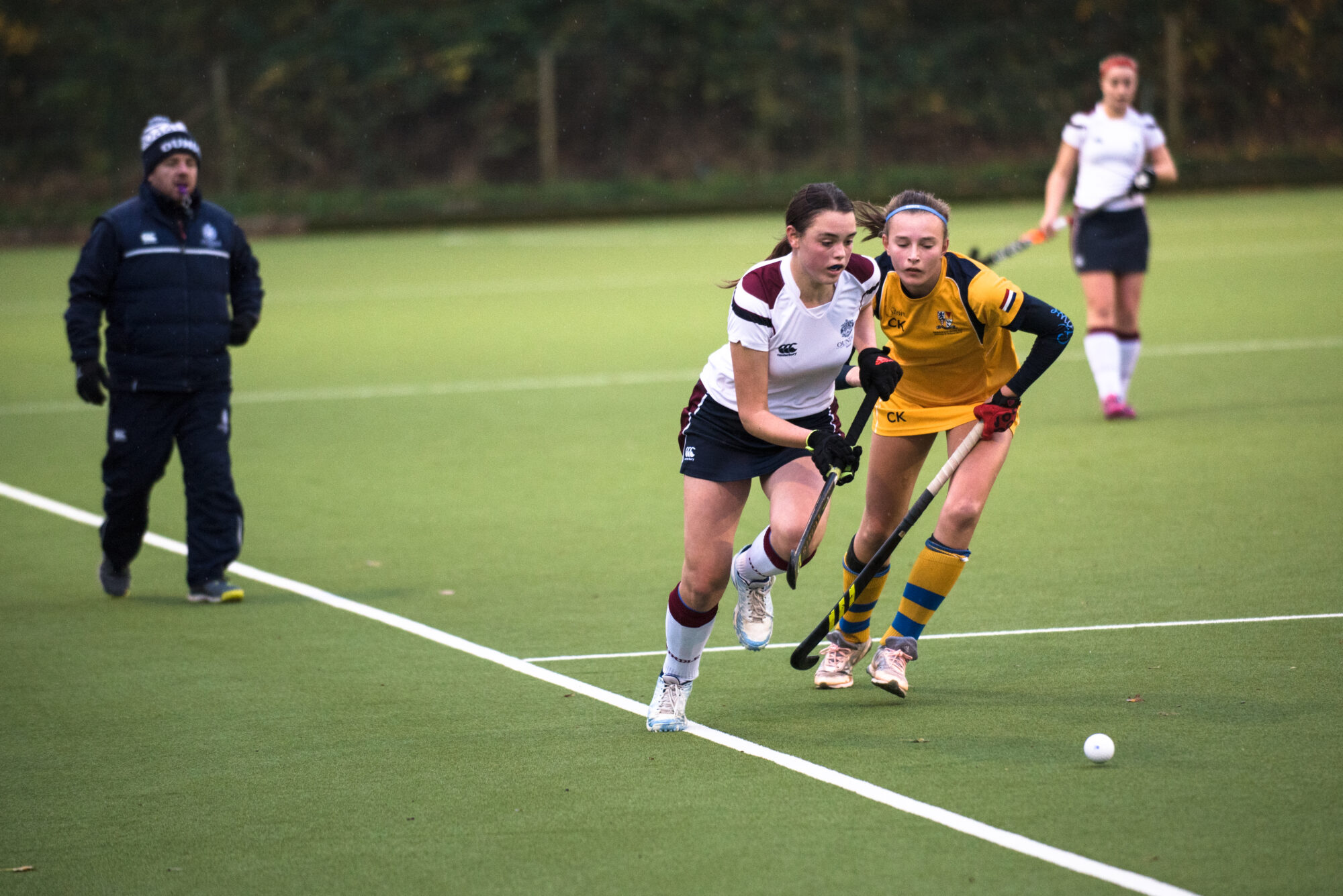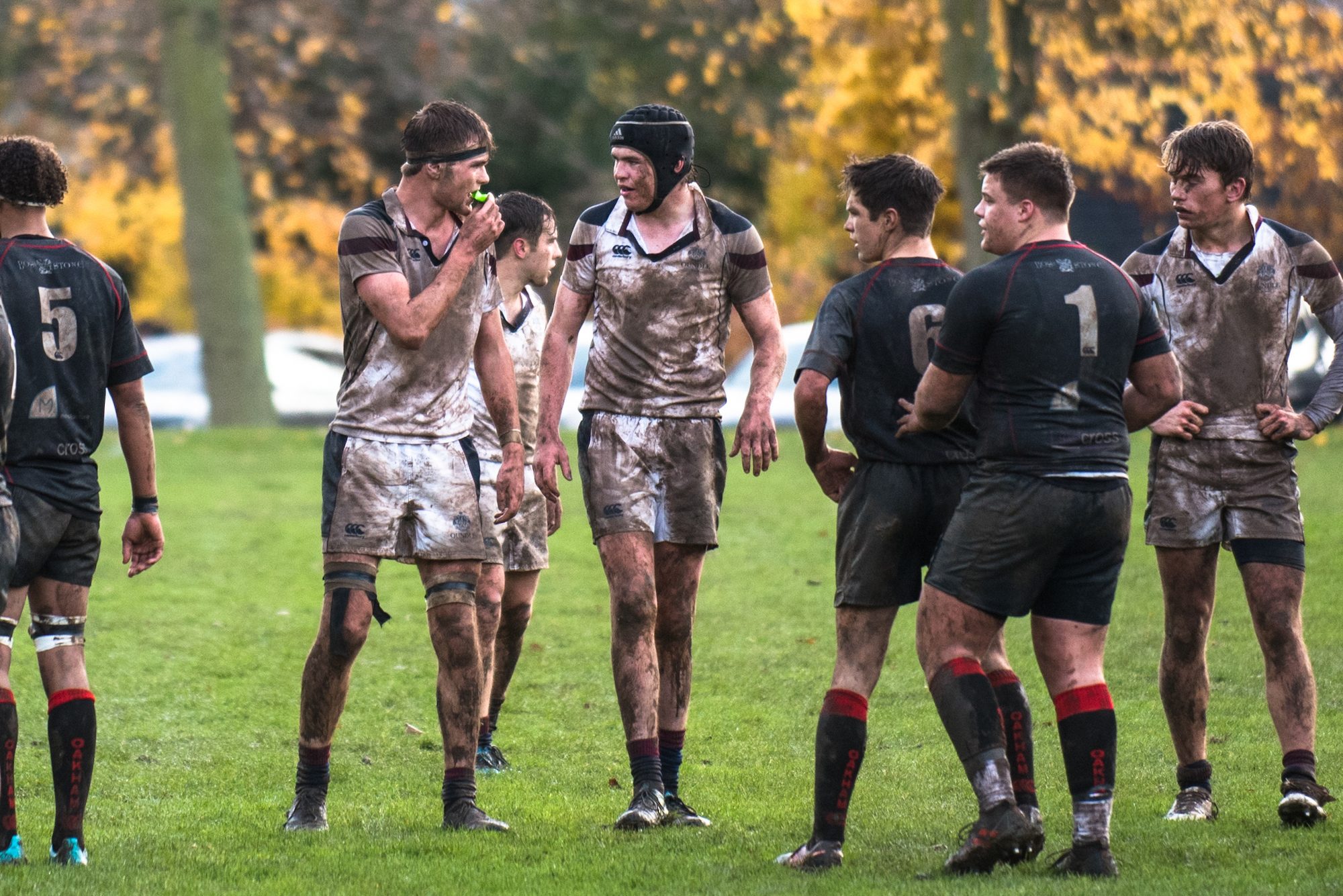When I was asked to write about the importance of sport and what it can offer, the first question I asked was “How many words?”.
In its purest context it’s a science in its own right but can be categorised and compartmentalised into so many areas and the demographic and cultural aspects takes it into different areas which brings with itself new questions and topics. The next question was must it show that sport will have benefits for academic success? Let’s see.
As such, I am going to relate it to the source. which is around its benefits to young people and look at the life impact in the school years and looking beyond into adulthood.
I am going to look at the importance and need for a variety of skills and attributes to support physical, mental and social behaviours throughout their life. There will always be a dependence on the provision of sport for many years but gradually as children begin to specialise, we see it move through the inter-dependent and independence cycle as we do with education and relationships.




Sport and Physical Health
I don’t think anyone would be surprised that sport and exercise bring improvement, support and physical health benefits to anyone that partakes and engages in it whether a child or an adult. How this happens is down to the environment created and that can be at home or in organised sport whether through a school or club.
We see figures from Government Departments and Sport National Governing Body’s for sport every day and its impact on health and in particular obesity in children. As part of this, education of parents and children is also key.
Sport looks and feels different to everybody and older generations will say that playing in the garden, the park and not being in front of TV and computer screens was all they had. Part of the desire to partake in sport has to be the environment created so that children can have fun and are excited to play sport and that includes catching a ball off of a wall on the patio, tag with family and friends in the park or playing catch in a swimming pool. These can be great fun but also fundamental movement skills which these recreational sports activities may just lead into more formal team and performance sporting activities.
The advantages and benefits in some cases will be subliminal but these experiences can energise individuals and fuel a desire more sport. I always think a good indicator is when a child wants to take a ball out with them rather than a toy. The health benefits will soon be visible.
Sport and lifestyle
The above talks about the physical advantages in the main but mental well-being and lifestyle will feature as we start to talk about enjoyment and desire for more sport. Whilst a child is dependent on others organising their sporting environment it will be easier to shape the sports they play and the environments that are created for them to be able to take part.
As other “distractions” occur, and new priorities begin to feature a child may decide that sport takes a less important role in their lives. We know education will always be a high priority and alongside that new interests come into play on the journey to adulthood.
The challenge at home and school will be making sure the interest is maintained so that the benefits become part of the life cycle and not an add on. Sport will always be a great opportunity to stimulate a healthy lifestyle . The more people engage with sport we start to learn about fuelling the body properly through nutritional choices which relates to day to day living, plus performance and not just in their sport and recreational activities.
Parents, teachers, trainers and coaches as a role model is vital and often children will follow to make good and appropriate lifestyle choices. We are now looking at the combination of physical, mental and healthy lifestyle choices. By being active it affects so many aspects of our lives and a fit and active body has been proven to translate into a fit and active mind. We have seen a reduction in stress and increase mental health by getting children active. The idea is to create a sustainable healthy lifestyle .

Sport and social skills
It goes hand in hand that whether you play a team or individual sport there will be an interaction with others. Therefore, we will see a development of social skills.
As soon as a child starts to interact, we know that there will be a need for social skills. In sport environments this will begin immediately as they start to engage with others around sport but also the inquisitive mind will find out more about the people who share their environment. As this is a skill that will be needed all their life sport provides a catalyst to their socialising.
It could be said that team sports will offer the best opportunities but events for individual sports such as tennis, squash, badminton, athletics etc will also provide these environments. A child will be exposed to new ideas and communicating those ideas to others and discussing strategies and tactics will open up so many other attributes including listening and problem-solving skills. Ultimately, we will see team working take place and also the ability for individuals to share experiences. We could spend a lot of time in this area and the above are just a few of the many advantages of being involved in sport.
Naturally as a child develops new relationships through socialising, these will be at various levels dependent on age and experience. A key output of the interactions is networking within peer groups in the immediate environment but also beyond. We see these develop into key life skills and here at Oundle School, the activities of the The Oundle Society and OO Club and sporting events in particular provide fantastic networking opportunities for life. Conversational skills and rapport building are huge parts of being involved in sport but are very transferrable into life as a whole.
Alongside all of this we also see the development of leaders through sport and not only via the appointment of Team Captains. Often leadership teams to support coaches and captains are created which provides the opportunity for a child to learn off others and this often includes those who have more experience and in an older year group. The values of the school and the team are then given a great chance to be projected into the sporting environment which, as we are seeing becomes part of the make-up of the individual. Again, exposing children to environments where communication is key enhances futures successes as they start their adult journey.
On top of all this we will see friendships develop as groups see each other regularly and develop as a team and once the initial ice has been broken many of those relationships will be life long. Many of us have friends in later years that we met through being part of a team at school.

"Every day I could direct you to an article or interview which tells us all the importance of getting children away from the TV or computer screen and onto a sports field or into a sports hall or gym."Grahame Mansell Grace
Sport and Confidence
Sport is a great tool for coaches, teachers and most importantly parents build on a child’s confidence and self-esteem . The skills we learn in sport on and off the pitch never go away. By being involved in sport we can evaluate and validate a child’s development through encouragement and supportive compliments. This enables two way interact for coaches/teachers to monitor a child’s progress which can be rewarded in a number of ways. Often, we see sport support good performance in academic work when they feel good about situations and successes through performances individually or as a team. By creating environments where children seek feedback to support development as well as structured feedback from coaches, we are seeing greater endeavour to do well in all they do not just sport.
We must not forget how important feedback, support and encouragement form peers in teams or playing groups can be and it’s always good and this also leads to being respected within groups not only for the playing ability but also for behaviours to others within those teams. This is where we see visible boosts to a child’s confidence and self-esteem .
The ability to take on board motivational and developmental feedback and use it to the benefit of one’s development is a skill in itself. Again, there are many ways to reward this great behaviour.

High Performance Sport
Most of what has been discussed above could be deemed to be about participation in sport and air towards social sport. That’s said it’s important that key fundamentals in a sporting life are established. Those who go on to participate in high performance sport still need foundations on which to build sporting career’s on. Most children at some point in their early sporting lives will watch or meet a sportsman they admire. It happens in any subject area in which there is a keen interest. That dream can often be used to fire a part of a person to achieve. Watching someone achieve and finding out the detail of what it took to get there can be the start of a work ethic that can be taken into many areas of one’s life. Professional and high-performance sport is very competitive and is the big World out there and we know there are cross overs between business and sport. Often its successful players and coaches talking to businesses, but it works the other way too and we see that more and more these days.
As in all aspects of life we get those moments when activities become a chore and we have to ensure sport doesn’t feel like that, so those dreams and aspirations are key to ensuring a child engages as part of their adult life in some way. As a Head of a Sport my job is to ensure those who participate get the right experience and exposure to suit them and also to get the opportunities to play at the highest level possible if that’s their chosen route. Overall, I get the most satisfaction when an ex-pupil tells me they are still playing my sport at University or later in life, but I also get a real satisfaction when they participate in another sport they enjoyed or even a new sport.
Sport and competitiveness
We haven’t talked about being competitive and all of the above pointers will have a competitive theme running through it. It takes many guises and often we see it in individuals we don’t expect it until we get to know that person better. It’s a transferrable behaviour that often features in all aspects of a child’s life form an early age and stays with them forever. Often its dialled in and out dependent on the environment and situation and this is a skill in itself and the degree of competitiveness is often why those people are successful. In sport it will often be seen as a trait running right through a person and when it comes to managing a game or needing to increase the team’s energy it will be seen in Leaders in particular. However, the skill of the coach to create those situations and to allow people to be competitive is also important. It’s an attribute we all need, and it may not be as visible in some and obvious in others. Creating decision rich environments will enable a child to show off their “super strengths” and in an environment that has the right amount of competitiveness for the group we will see sound behaviours. The recognising of the level you need to be competitive to succeed is a skill that can be learnt and honed to the benefit of the child.
Amongst the myriad of skills and attributes needed in sport are behaviours and attitudes. We have established that we do not become proficient sports people over night and that we all can’t be professionals. That said, by instilling the right environments which will encourage sound behaviour to develop the skills to enjoy playing and by instilling the need for the right mind-set to deliver the right behaviours we will be a long way down the line of achieving our objectives. These are again life skills that can be developed and encouraged as the child moves on.
Sport and its fit to School life
As I said right at the beginning, I questioned what the terminal objective was and was it around sport ensuring academic success. My experience told me that I must have enabling objectives which would take me through to the end and see where we have got to. We must never forget that sport is an extra-curricular activity at school and therefore a conduit to supporting academic success.
I feel strongly that sport is a component in creating environments which ensure our pupils leave Oundle School with a blend of tools and skills to support them through life. Many of those will have commonality with many aspects of the voyage through life and academia will be a huge part of that for many years’ dependent on the chosen route. I also feel that sport will give them the chance to make choices and that includes having sound physical and mental health to support the route they take and hopefully sport will still be part of it.
Sport is often mentioned when talking about giving individuals more energy to get through busy days and this also becomes a good habit for many. Physical activity is often attributed to maintaining the right moods and emotions to succeed and being innovative and creative in our thoughts when looking for solutions or identifying new ideas.
Therefore, I propose that sport needs to be part of a child’s life and we have to work very hard to find which activity and environment is best suited to supporting our pupils at school and when they leave to start on their chosen pathway.